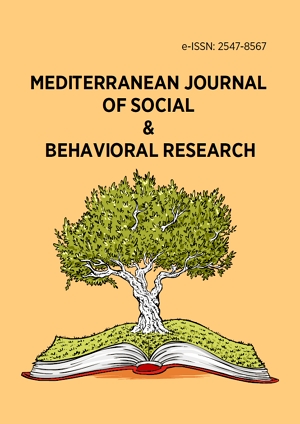Abstract
Education is a shared responsibility between the government, society, and parents. The involvement of Bajo Community parents in the provision of education is expected to improve the quality of education and human resources. This study aims to reveal: (1) the participation of the Bajo community in education and (2) the form of participation of the Bajo community in education in South Sulawesi. The approach used in this study is a quantitative approach with descriptive exploratory research. This research was conducted in two regencies in South Sulawesi Province, namely Bone Regency and Luwu Regency. The population is all parents of the Bajo community in Bone Regency and Luwu Regency who have children attending elementary, junior high, high school and college as many as 325, with a research sample of 50 people. Data collection techniques used questionnaires and documentation. The data analysis technique used is quantitative analysis technique using descriptive statistical analysis with the percentage formula. The results showed that (1) the participation of the Bajo community in the field of education was still low. Generally, most respondents stated that they did not participate, and only a small number stated that they always and sometimes participated in education; (2) the forms of participation of the Bajo community in education include dedicating their energy, time, ideas, and materials.
Keywords
License
This is an open access article distributed under the Creative Commons Attribution License which permits unrestricted use, distribution, and reproduction in any medium, provided the original work is properly cited.
Article Type: Research Article
MEDITERR J SOC BEH RES, Volume 6, Issue 3, October 2022, 67-73
https://doi.org/10.30935/mjosbr/12065
Publication date: 01 May 2022
Article Views: 1705
Article Downloads: 1135
Open Access References How to cite this article
 Full Text (PDF)
Full Text (PDF)